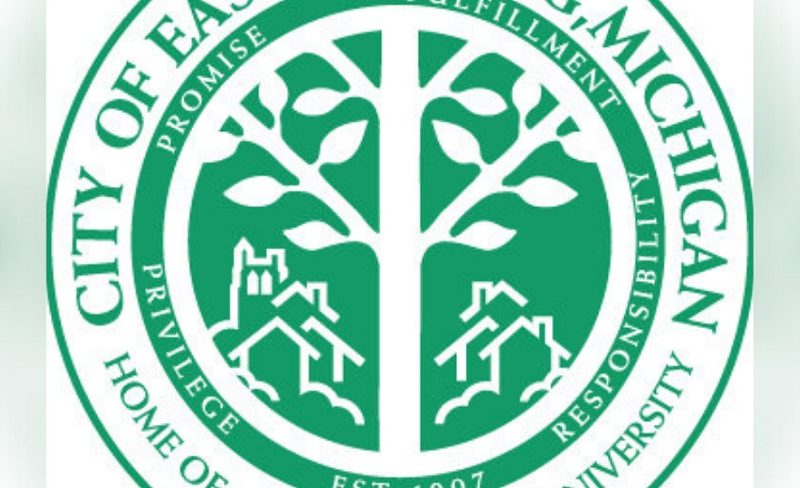LANSING, Mich. — In a ruling that could cost East Lansing millions of dollars, the Michigan Supreme Court has determined that a “franchise fee” imposed by the city on residents who used the Lansing Board of Water and Light (BWL) is, in fact, a tax that violates the Michigan Constitution’s Headlee Amendment.
The case stems from East Lansing’s decision in 2016 to introduce the franchise fee as a way to address a budget shortfall. Starting in the summer of 2017, BWL began collecting the fee from customers and remitting the funds to the city for a small processing charge. The fee brought in approximately $1.4 million annually for the city.
Attorney James Heos filed a lawsuit against the city, arguing that the franchise fee was effectively a tax that bypassed the voter approval requirement outlined in the Headlee Amendment. This constitutional provision mandates that local governments seek voter approval before raising taxes, such as through millage requests.
The key issue in the case was whether the franchise fee was a legitimate fee or an illegal tax. The Michigan Supreme Court ruled in favor of Heos, concluding that the fee functioned as a tax for several reasons. The court explained that the fee was imposed for general revenue-raising purposes, was not proportionate to the costs incurred by the city in relation to BWL’s services, and was mandatory, not voluntary. As such, the fee violated the Headlee Amendment, which requires voter approval for tax increases.
In a written opinion, the court stated, “We hold that such an arrangement violates the Headlee Amendment because the purported ‘fee’ operates as a tax that has not been approved by the voters of the municipality.”
The ruling means that East Lansing will likely be required to refund the money collected from residents over the past several years. With the fee bringing in an estimated $1.4 million annually since 2017, the total amount to be refunded could exceed $10 million. Heos, who led the legal challenge, has suggested that residents may also be entitled to interest on the payments.
“I’m just happy that the citizens of East Lansing will be reimbursed for what was taken from them,” Heos said in a statement following the decision.
The court’s decision was not unanimous. Four justices supported Heos in the lawsuit, while one justice agreed with parts of the decision but disagreed with others. Two justices did not participate in the ruling.
The case highlights ongoing debates over the distinction between taxes and fees, particularly when local governments face budgetary pressures. For East Lansing, the decision represents a significant financial setback, as the city will now need to find alternative ways to make up for the lost revenue.
Officials in East Lansing have not yet commented on the ruling or its potential impact on the city’s budget. However, the decision is expected to have lasting implications for how municipalities across Michigan structure their revenue-raising mechanisms in the future.












